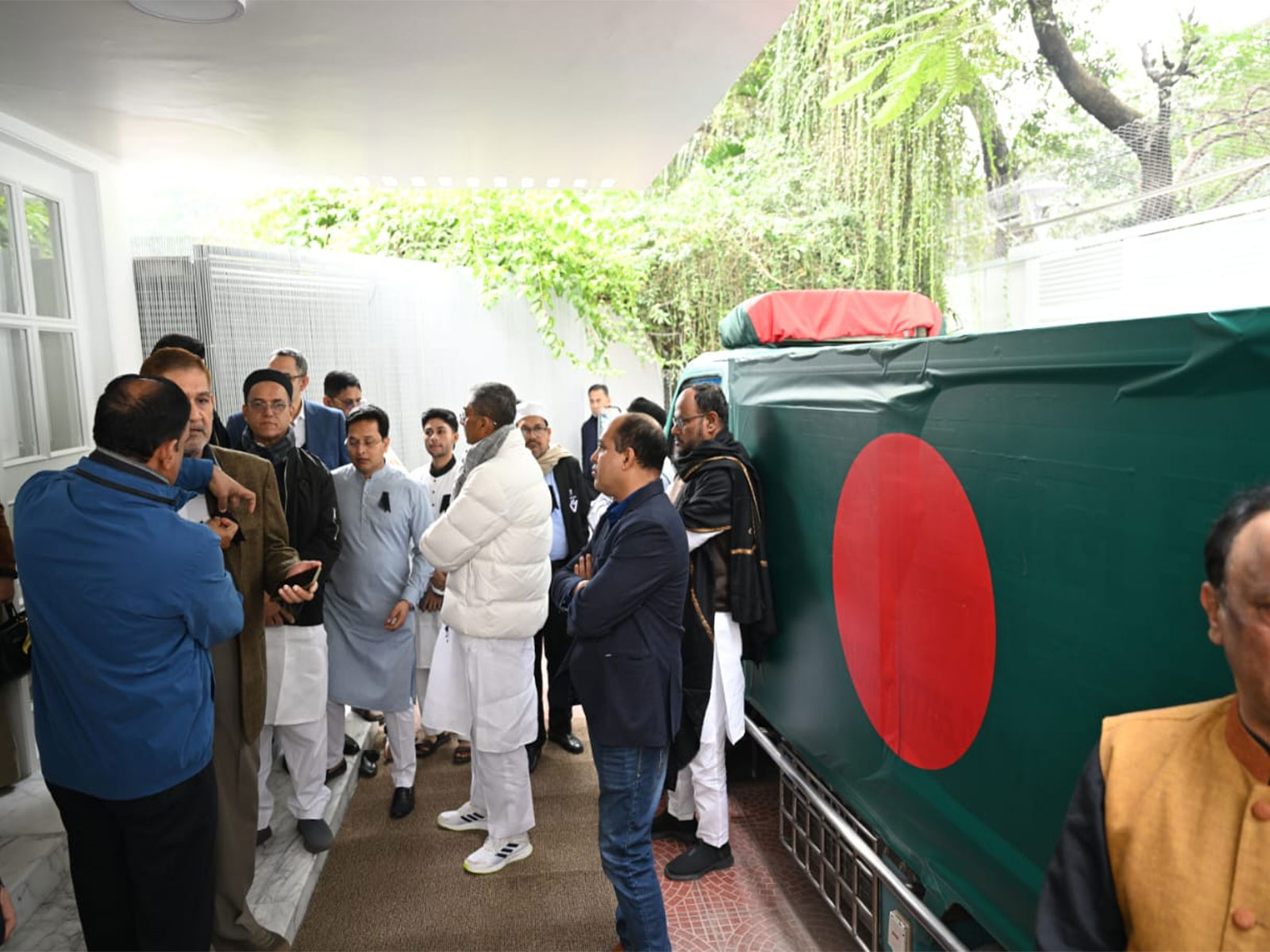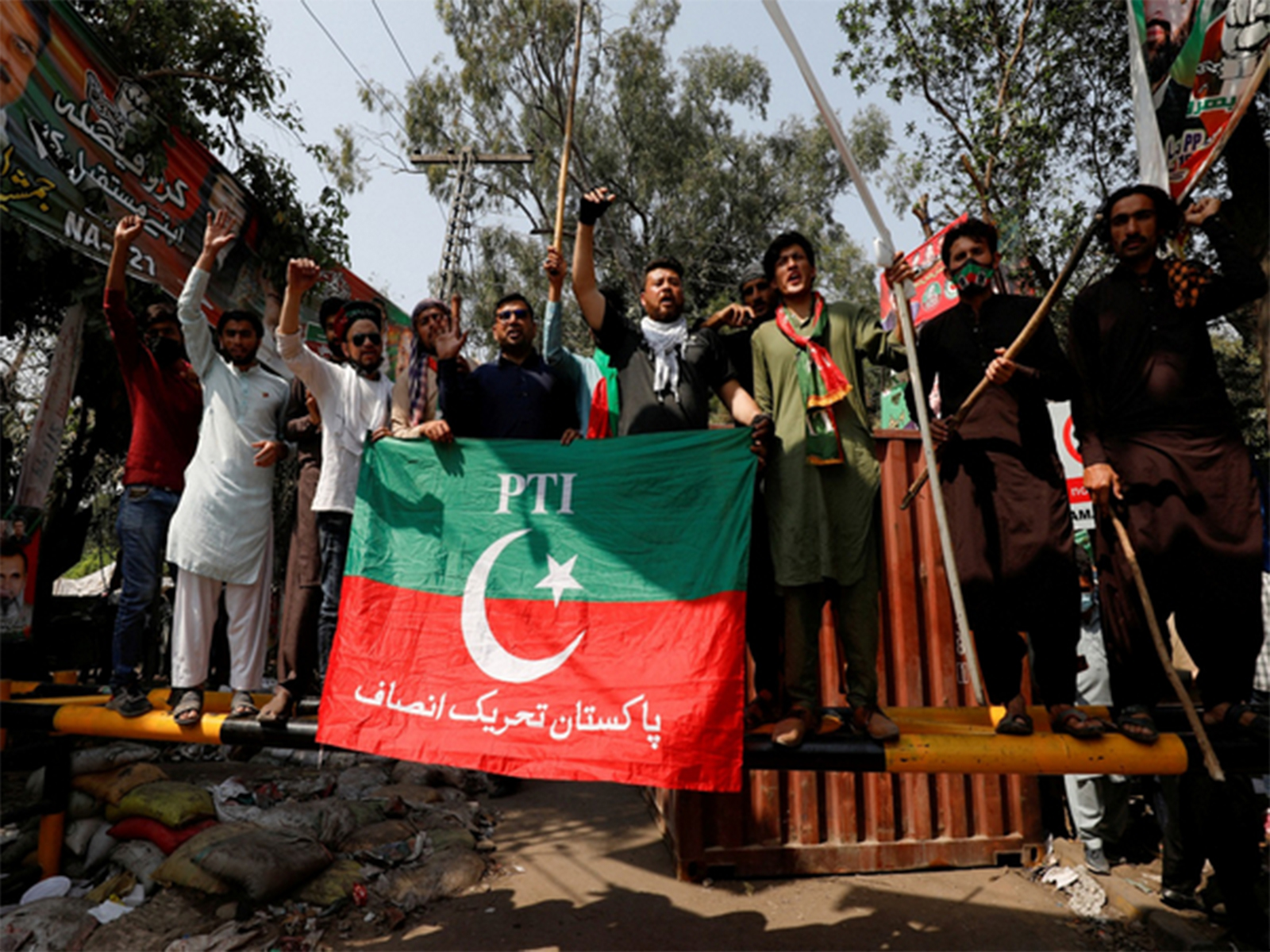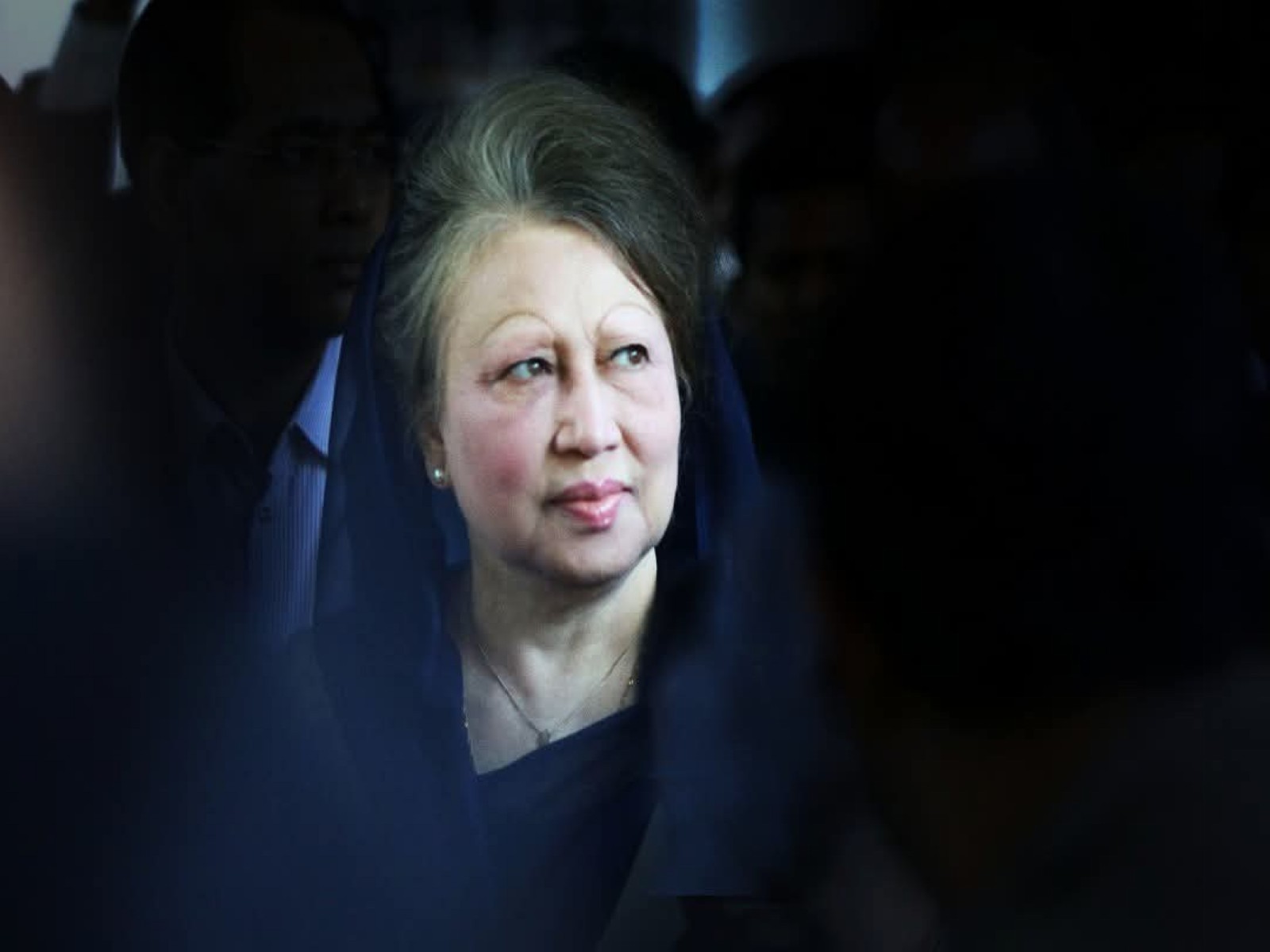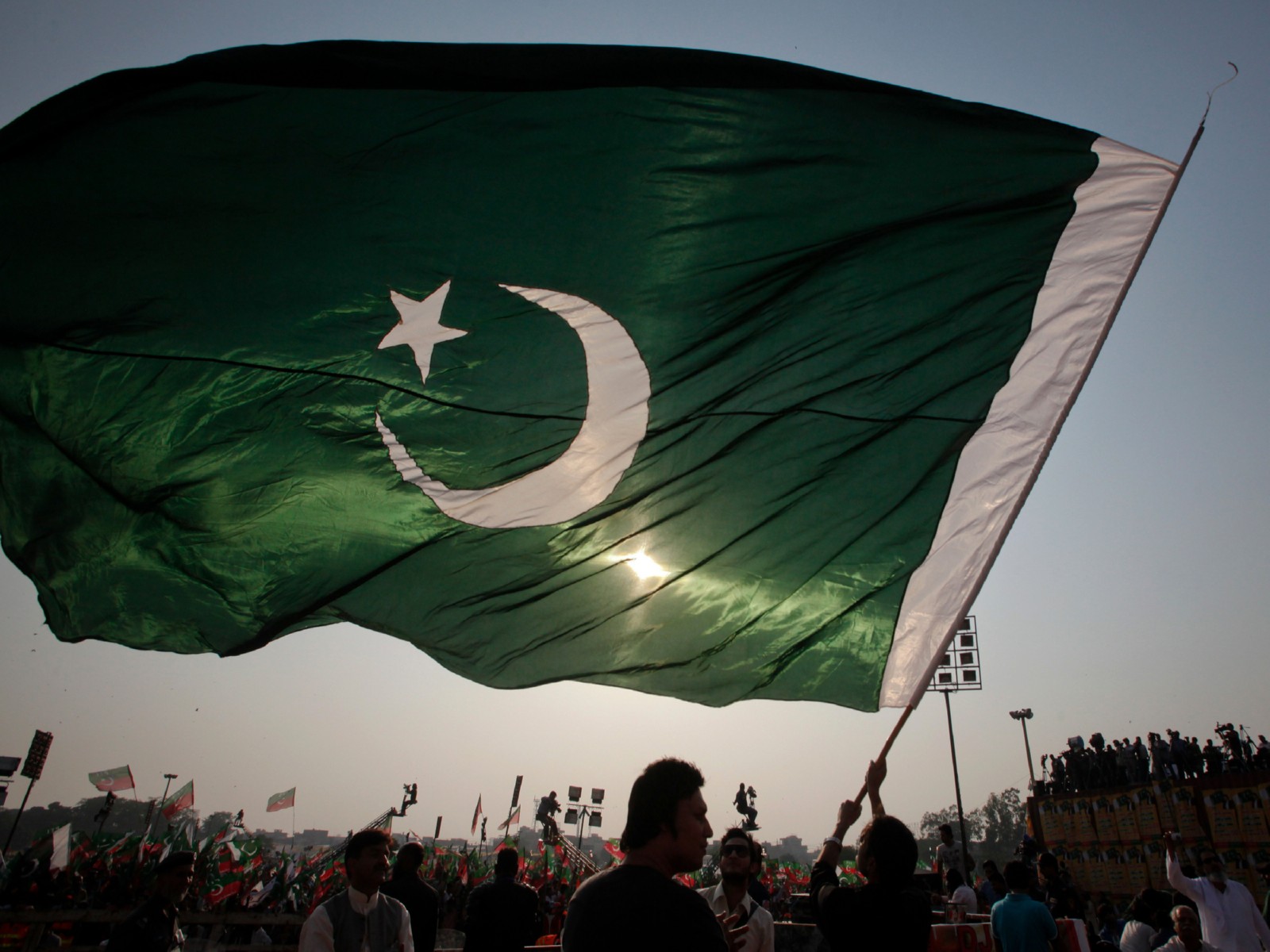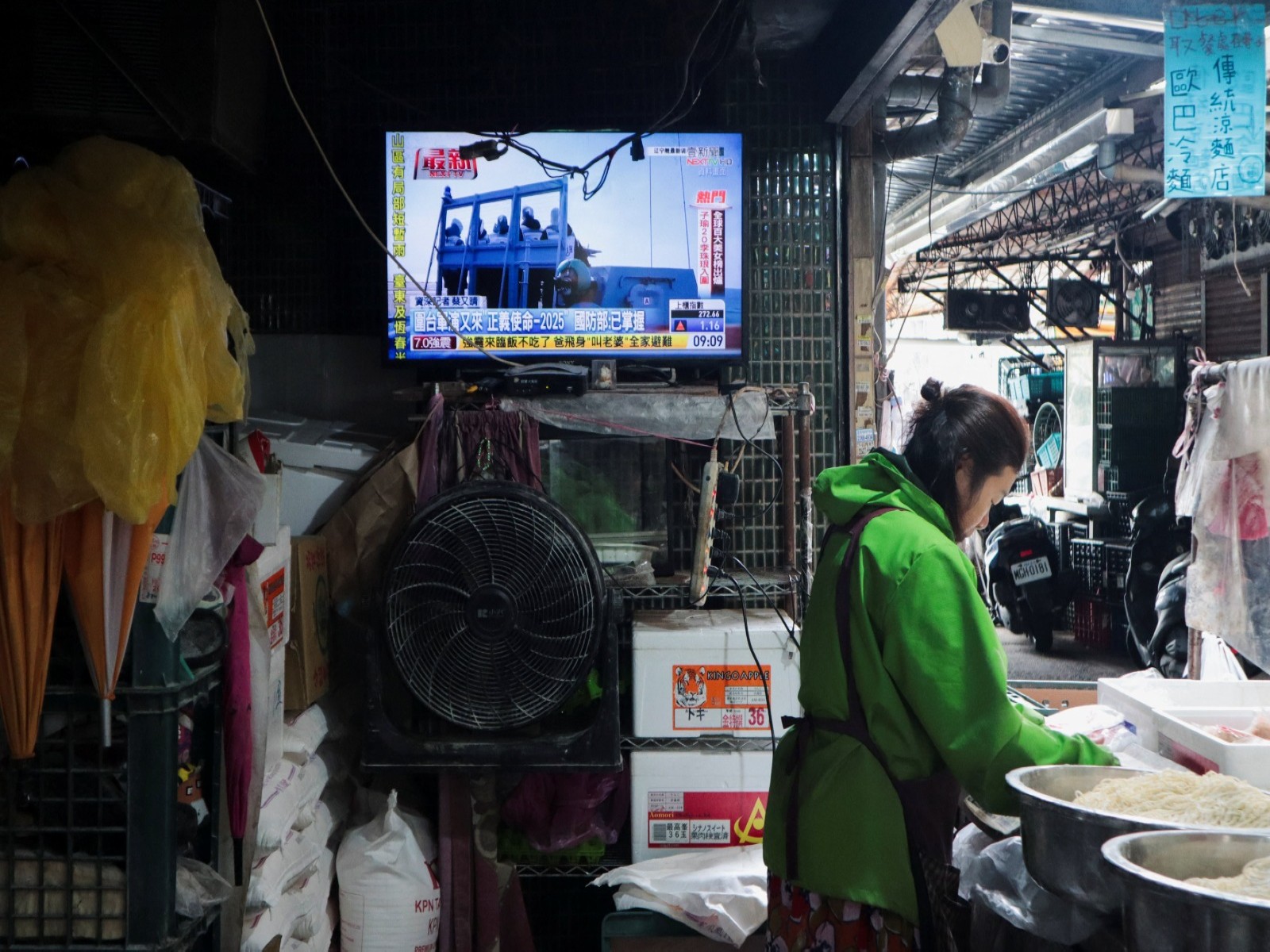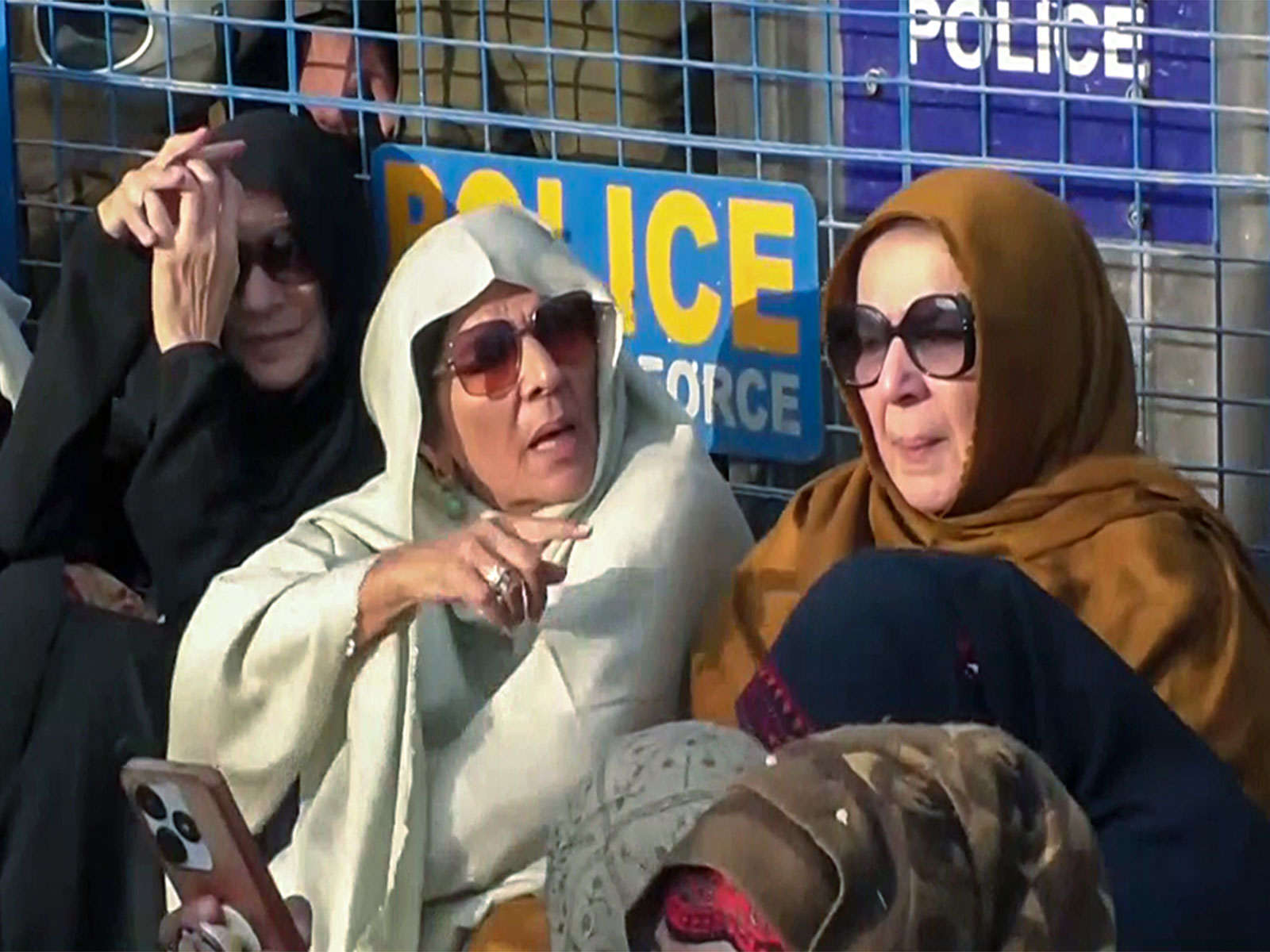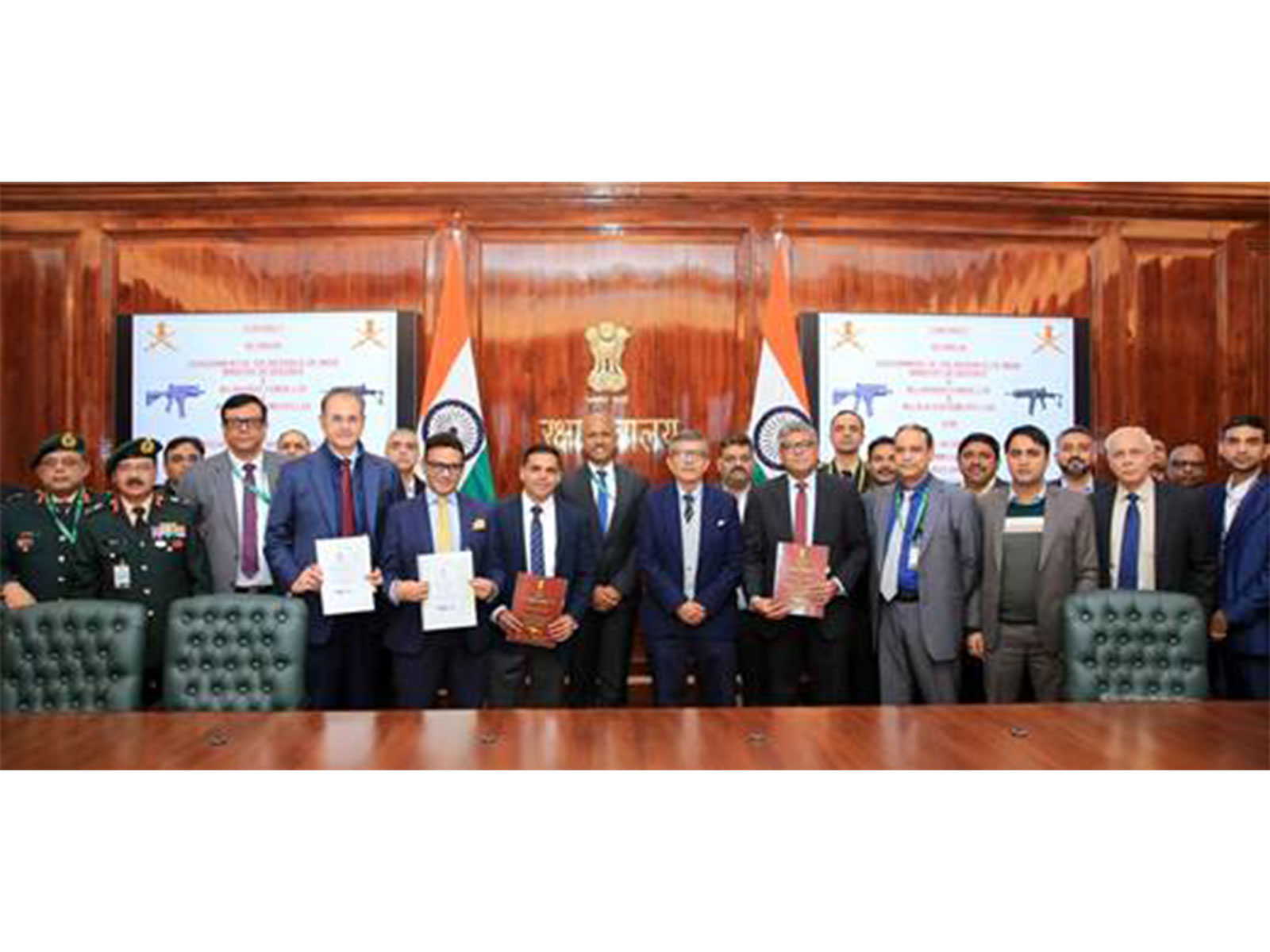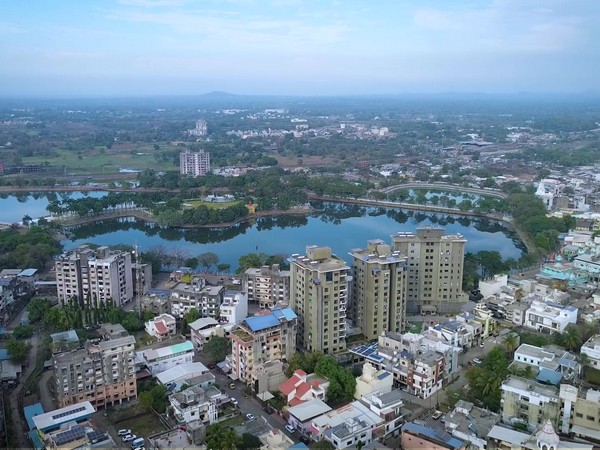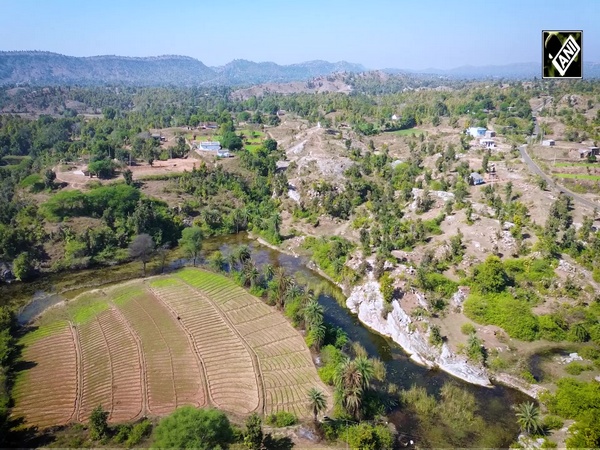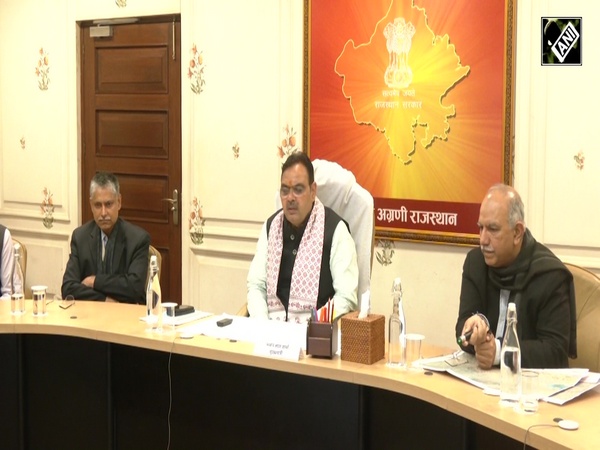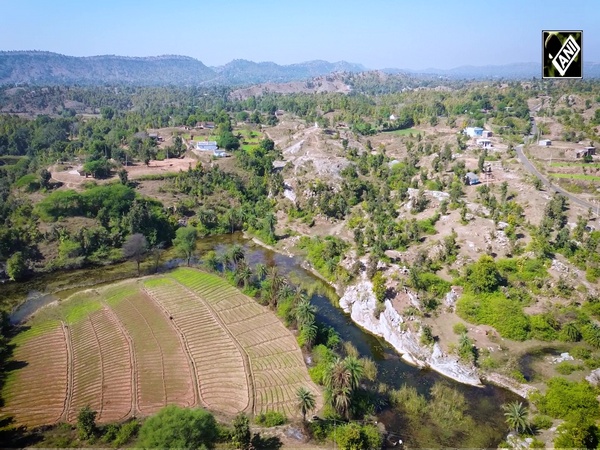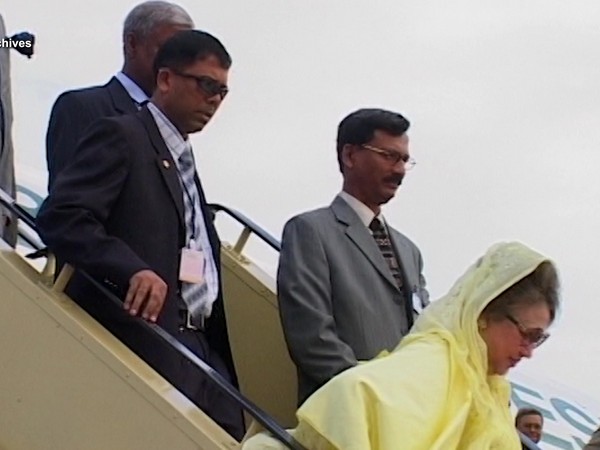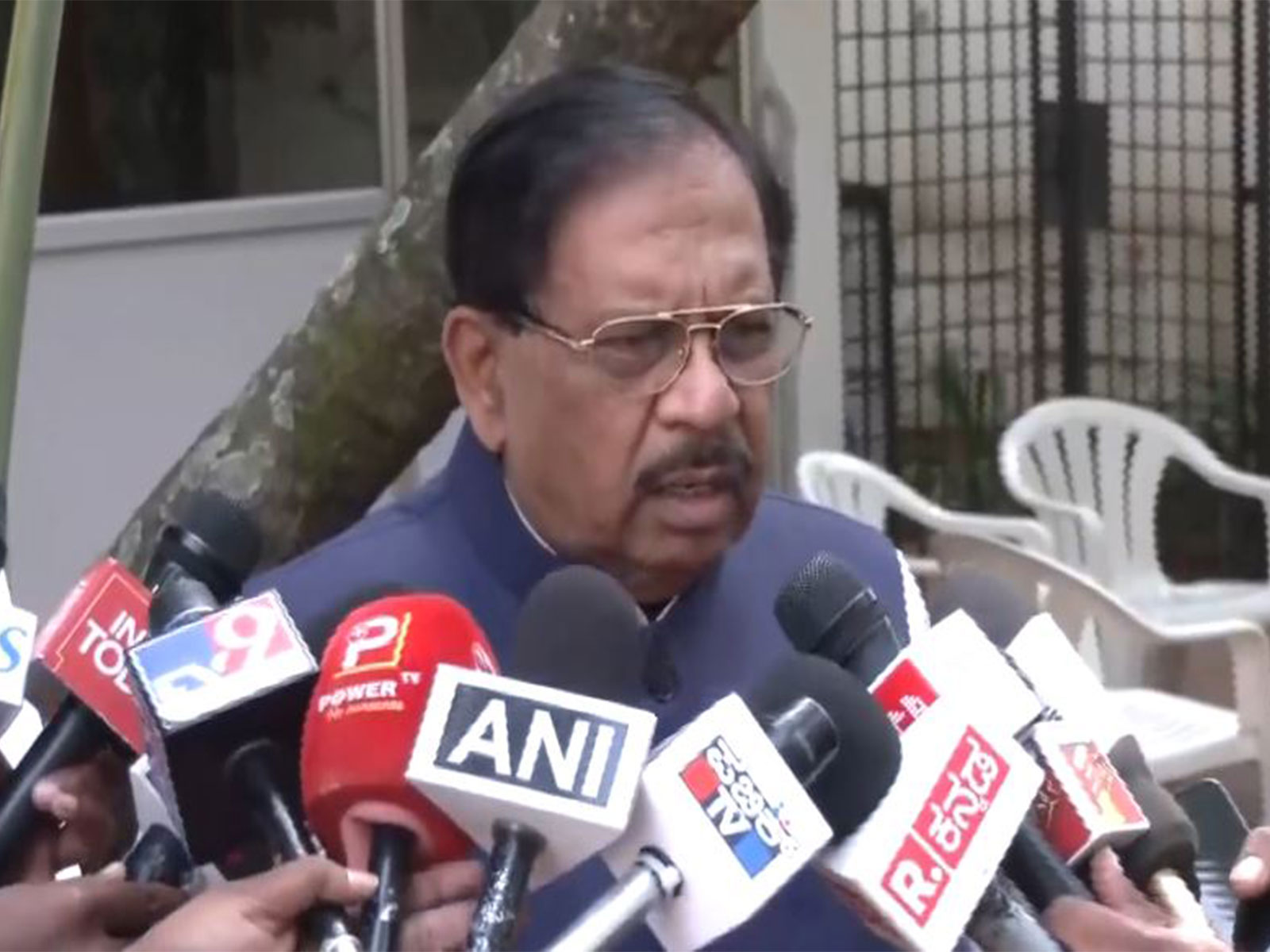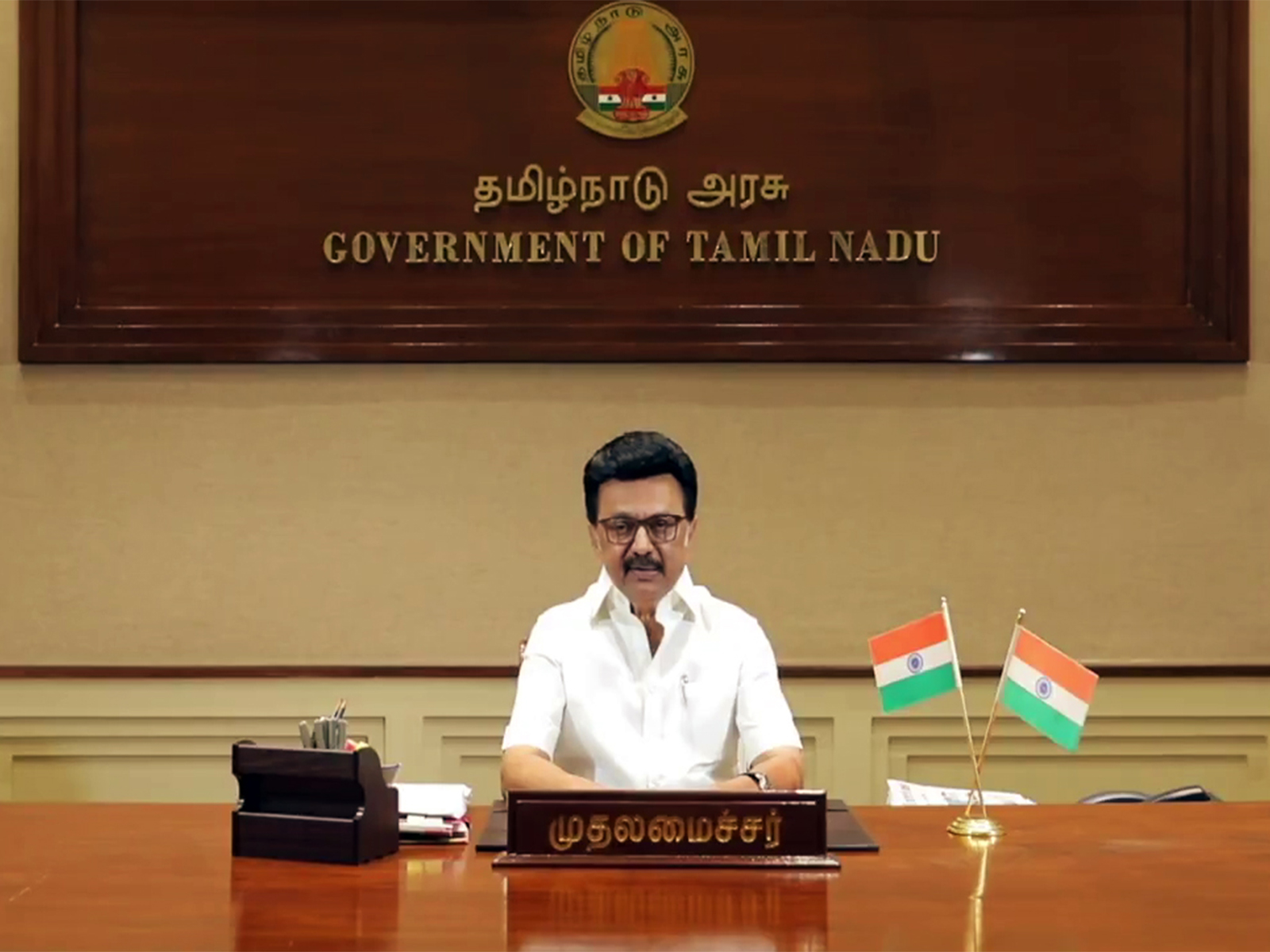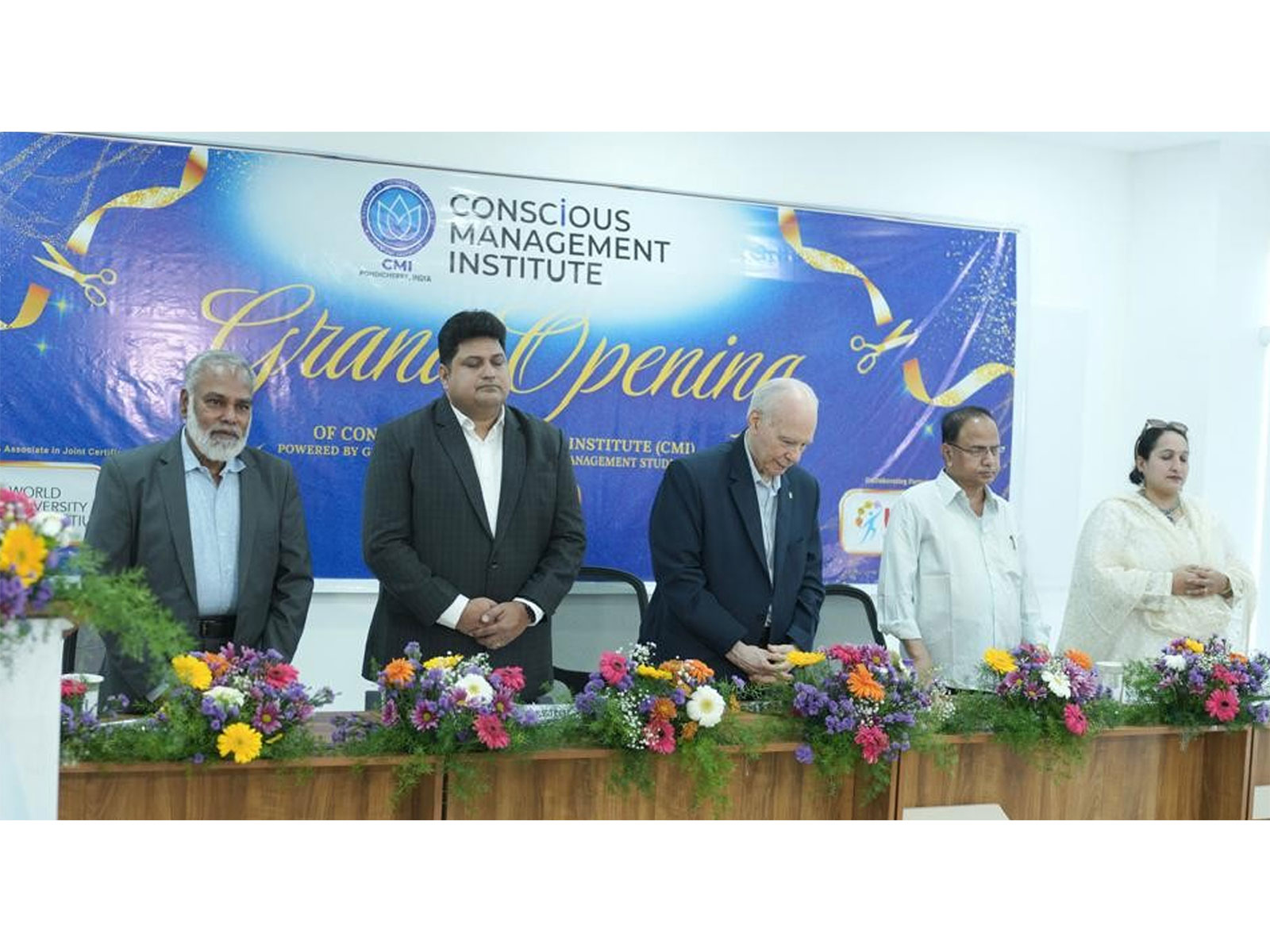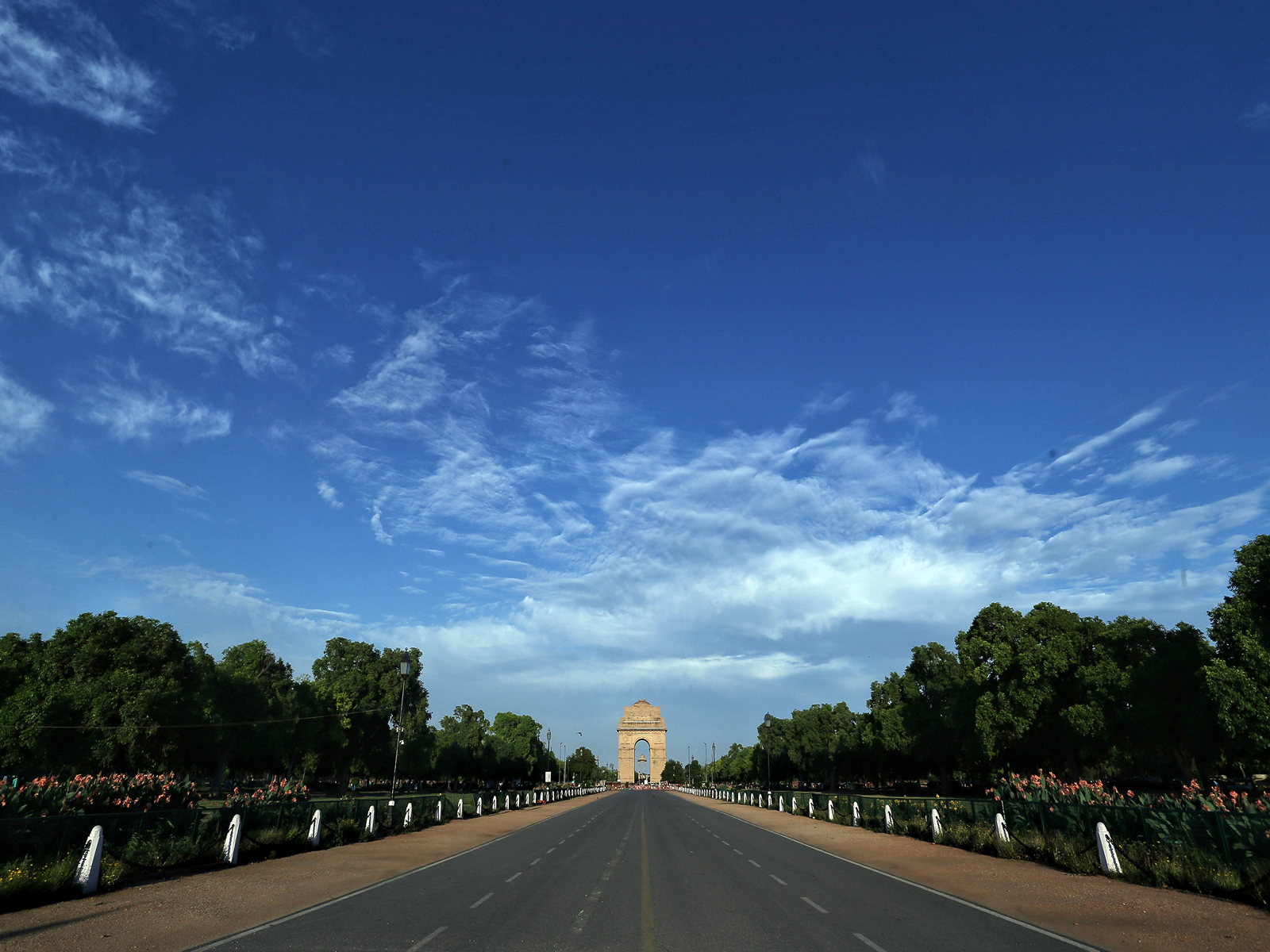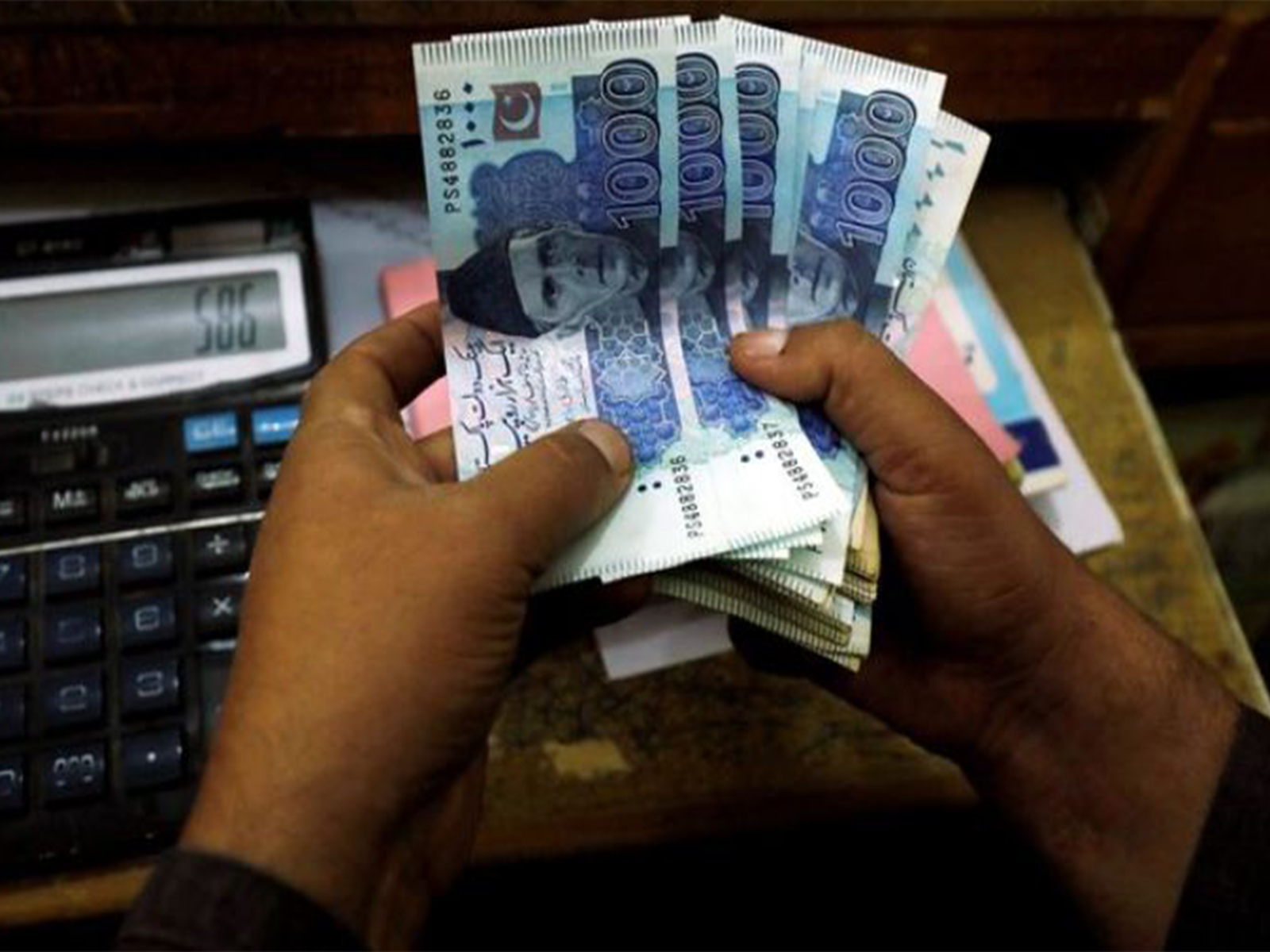
Pakistan's industrial base on brink as policies falter and energy costs soar
Oct 24, 2025
Lahore [Pakistan], October 24 : Pakistan's industrial base, once viewed as the country's main driver of sustainable economic growth, is rapidly losing steam. The large-scale manufacturing (LSM) sector continues to show alarming signs of stagnation despite government claims of economic stabilisation and improved global ties.
Analysts warn that beneath the veneer of macroeconomic progress lies a fragile core, weakened by inconsistent policymaking, escalating energy tariffs, and declining productivity across crucial sectors, as reported by The Express Tribune.
According to The Express Tribune, LSM, which makes up around 8 per cent of Pakistan's GDP and provides employment to millions, has been contracting intermittently for over two years. Official data from the Pakistan Bureau of Statistics show that LSM output dipped by 0.74 per cent in the last fiscal year, extending a downward spiral triggered by global supply shocks and Pakistan's recurring energy crises.
Economists caution that such a slump could have lasting implications. Industrial expert Dr Naveed Mirza stated that no country can sustain economic growth without a robust manufacturing foundation. "When manufacturing falters, exports decline, jobs disappear, and consumption replaces production," he explained, drawing comparisons with South Korea, China, and Germany, where industrial expansion remains a pillar of prosperity.
The textile industry, traditionally Pakistan's industrial backbone, has been the hardest hit. Pakistan Industrial and Traders Association Front (PIAF) Patron-in-Chief Mian Sohail Nisar revealed that the textile index has remained below 100 for nearly three years. He emphasised that output levels today are even lower than a decade ago, a stark reflection of the country's deteriorating manufacturing ecosystem, as cited by The Express Tribune.
Out of 22 key industries monitored by PBS, nearly half have been producing for less than ten years. High energy costs, erratic fiscal policies, and limited raw material access have stifled expansion. Industrial leaders are urging the government to prioritise long-term reforms in energy, taxation, and policy continuity to prevent further collapse. Without decisive structural change, Pakistan's manufacturing heart may continue to falter, dragging the entire economy down with it, as reported by The Express Tribune.
